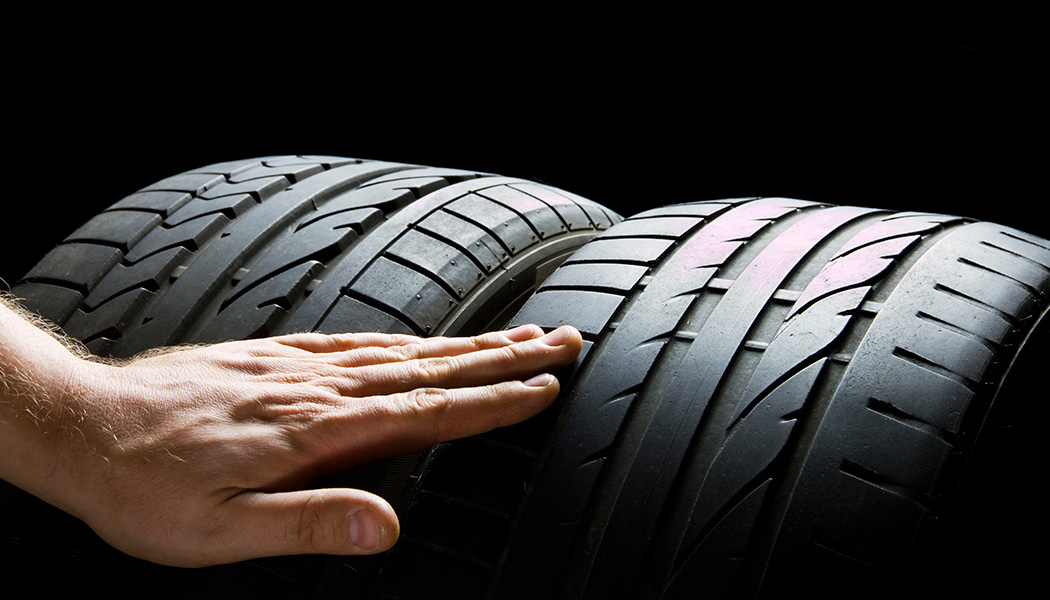1
As the season changes, an important question arises, “What type of tires should I put on my vehicle?” Whether you are a seasoned driver or you are about to hit the road on your first-ever car adventure, choosing the right set of tires is crucial for your safety. If you live in a region where the temperature stays hot during summertime, you might want to consider switching to summer tires. On the other hand, all-season tires seem appealing due to their versatility. In this blog post, let’s dive into the pros and cons of each type of tire and help you choose the best one for your vehicle.
Summer Tires:
Summer tires (also known as performance tires) are specifically designed to offer better handling and traction on dry and hot pavements. They are built with a unique rubber compound that can withstand high temperatures and maintain grip on the road. Additionally, summer tires come with wider treads and less grooving, offering better cornering abilities and braking distances. However, with those perks comes the compromise of lesser durability and a reduced performance on wet and cold surfaces. So, if you live in a region where it rains a lot and the temperature drops, summer tires may not be your go-to option.

Pros of Summer Tires:
- Better handling and grip on dry pavements.
- Improved cornering abilities and braking distances.
- Sharper steering response.
Cons of Summer Tires:
- Less durable than all-season tires
- Reduced performance on wet and cold surfaces
- Expensive compared to all-season tires
All-Season Tires:
All-season tires, as the name suggests, are built to withstand different weather conditions throughout the year – from hot and dry summers to icy and snowy winters. They are constructed with a mixture of compounds and treading that aims to maximize their grip on the road under different circumstances. The benefits of all-season tires include a longer lifespan than summer tires and the ability to perform well in versatile conditions. However, despite their versatility, all-season tires don’t excel in any specific weather condition, be it hot or cold, wet or dry; they fall in the middle of the road. So if you frequently drive on rough terrains and have a long daily commute, all-season tires might be the right choice for you.

Pros of All-Season Tires:
- Suitable for versatile weather and road conditions
- Long-lasting durability
- Cheaper compared to summer tires
Cons of All-Season Tires:
- Average performance in extreme weather conditions
- Not ideal for rough terrains
- The possibility of becoming hard and providing less grip in cold temperatures.
In conclusion, there is no one-size-fits-all answer to the question of which tire to choose. It all comes down to your driving habits, the type of terrain you usually drive on, and the weather conditions you encounter the most. With ReifenDirekt DE’s wide selection of tires for every budget and season, it’s easy to find what works best for your vehicle. Whether summer or all-season tires are right for you – make sure to research well and take a wise decision with safety as top priority in mind. If you need help finding out more about choosing between summer vs all-season tires or any other related queries – feel free to contact ReifenDirekt DE! Ensure safe travels this season. Go ahead now: start shopping at ReifenDirekt DE today!

